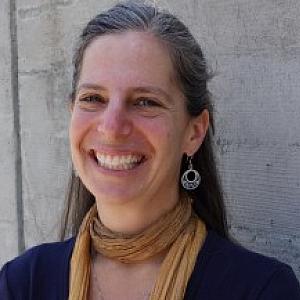
Judy Silber
Development Associate

Development Associate

Do undocumented residents have to pay the Obamacare penalty for not having health insurance? Despite advocates' efforts, you might be surprised at how much confusion there is — even from tax preparers.

A complaint filed this week alleges that California is engaging in unlawful discrimination by paying some of the lowest reimbursement rates in the country to the state’s Medicaid providers. As some coverage pointed out, the notion that low rates are limiting access to doctors is “not unfounded."

The health insurance marketplaces offer consumers a multitude of options, but sorting out which plan bests suit their needs can be a slog. That’s especially true when it comes to figuring out whether a particular doctor is part of a plan’s network, since the directories are famously unreliable.
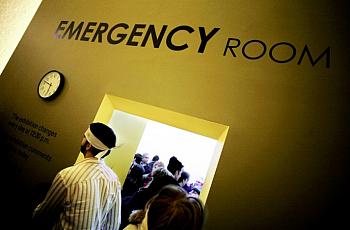
Recent data and survey results suggest that health reform's promise of getting people out of the ER and into less costly care settings hasn't come to pass yet. There's a growing realization that it's going to take more than health insurance to change patients' longterm habits.

The high-deductible health plans sold under the "bronze" banner may look lousy at first glance. But while they may not be ideal coverage, they're far better than the high deductible plans sold before Obamacare. And they can supply a critical lifeline when misfortune strikes.

A new survey based on text messages finds that most Californians with health insurance are satisfied with their coverage and ability to get appointments. But the survey also found the coverage sign-up process poses big hurdles for the majority of uninsured respondents.
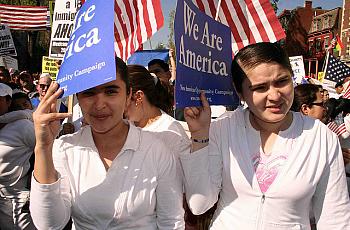
New federal immigration rules could potentially reduce California's pool of remaining uninsured by up to half a million people. But even if the new rules survive a current court challenge, the barriers to coverage are still high.
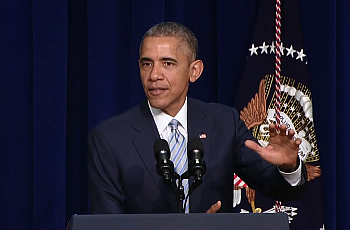
As the media takes stock of the ACA on its five-year anniversary this week, the White House on Wednesday announced a new network of more than 2,800 health care leaders tasked with leading the nation towards a more efficient, less costly model of paying for care.

At the Native American Health Center in East Oakland, health reform has pushed clinic staff to experiment with new ways of delivering care. But changes in the way care is reimbursed and increased competition for patients still leaves clinic leaders nervous about longterm survival.
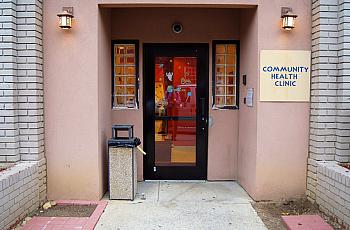
At La Clínica de la Raza in Northern California, the surge of new Medicaid enrollees has made it difficult for the clinic to meet the demand for care. But the need to make the most of limited resources has also led the organization to adopt new innovations, such as the "morning huddle."